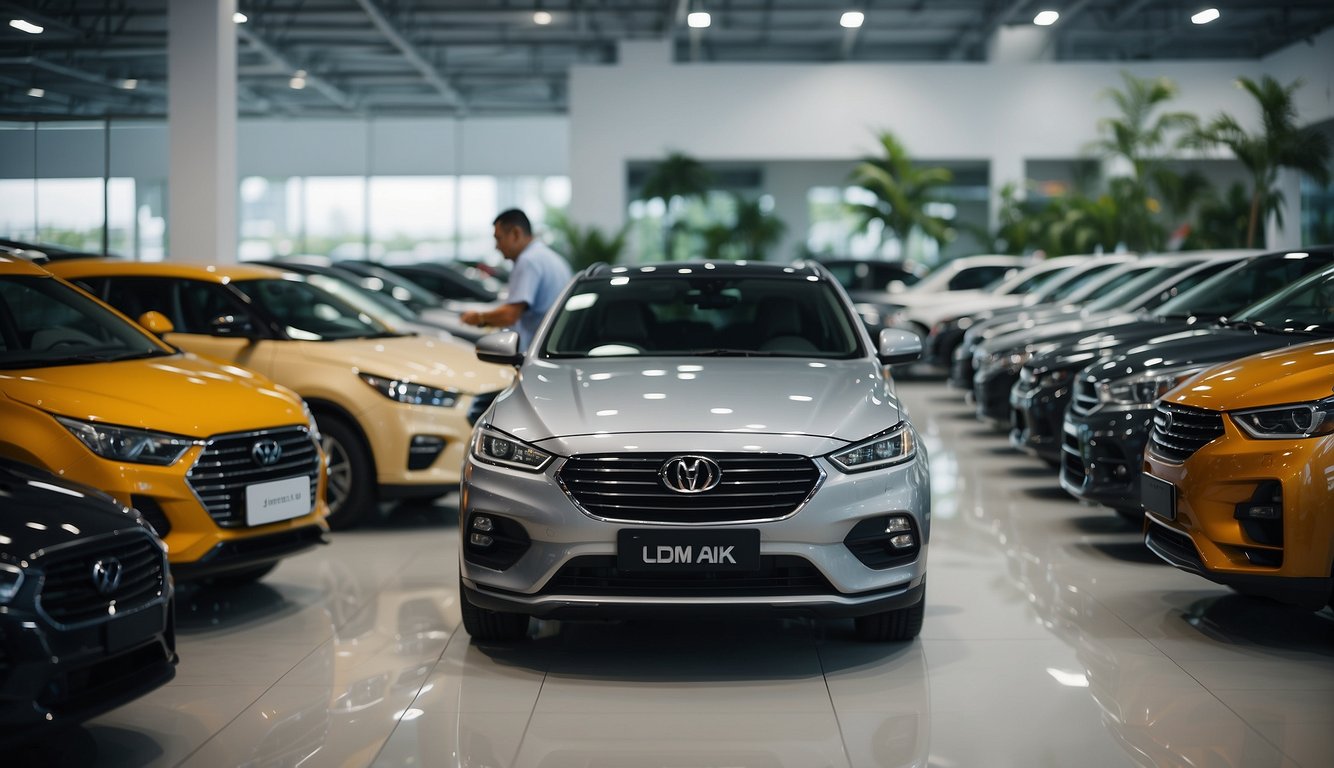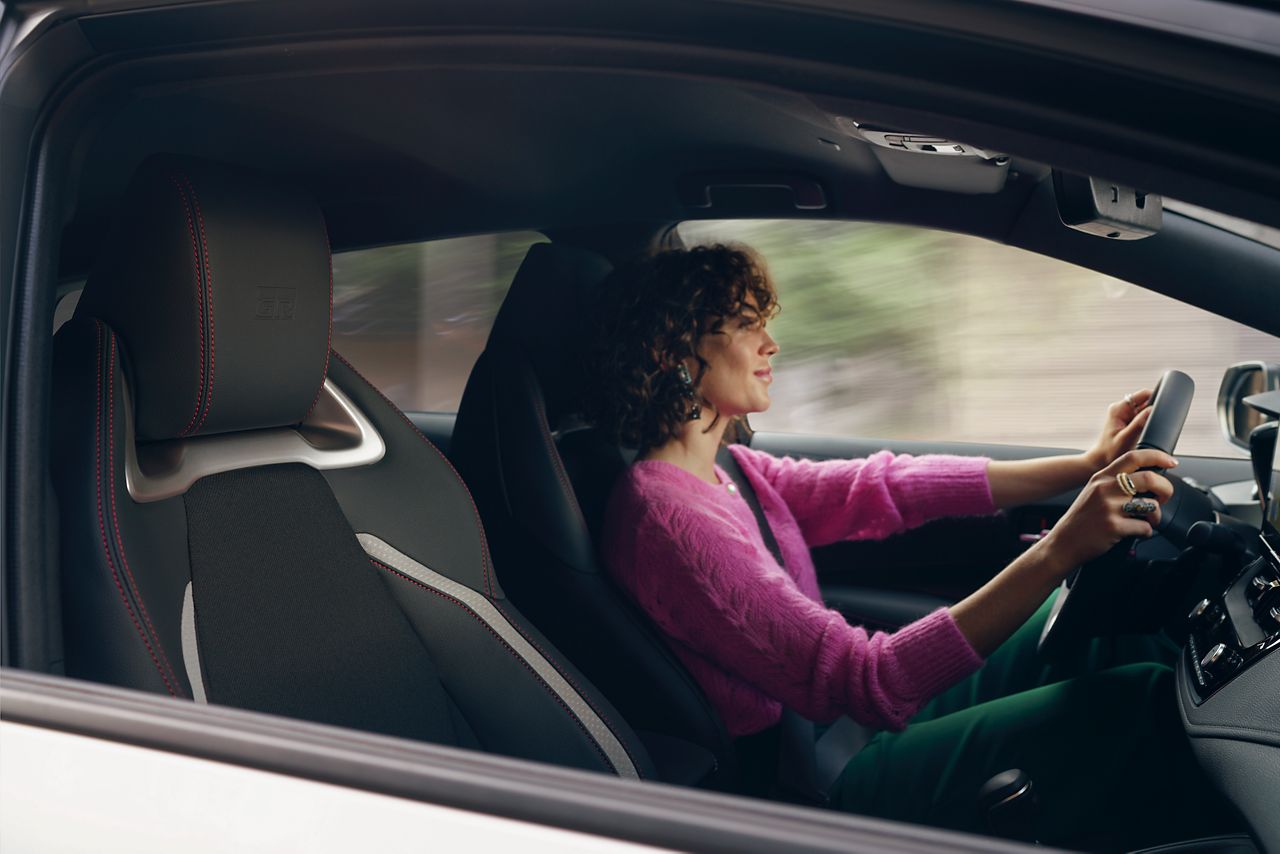Buying a car is a significant investment and finding the perfect one requires careful consideration. With numerous options available in the market, making the right choice can be daunting. However, by following these ten tips, you can navigate the car-buying process with confidence and ensure that you end up with the perfect vehicle to suit your needs.
1. Determine Your Needs and Budget

Before setting foot in a dealership, take some time to evaluate your needs and budget. Consider factors such as the size of your family, your daily commute, and any specific features you require in a car. Additionally, determine how much you can afford to spend, taking into account not only the purchase price but also ongoing expenses such as insurance and maintenance.
2. Research Various Models
With your needs and budget in mind, research different car models to find ones that align with your requirements. Look into factors such as fuel efficiency, reliability, and available features. Online resources, such as consumer review websites and automotive forums, can provide valuable insights from other car owners.
3. Consider New vs. Used Cars
Decide whether you want to buy a new or used car. While new cars offer the latest features and warranties, used cars often come at a lower price point. Consider the pros and cons of each option and choose the one that best fits your budget and preferences.
4. Evaluate Fuel Efficiency and Maintenance Costs
Factor in the long-term costs of owning a car, including fuel and maintenance expenses. Choose a vehicle with good fuel efficiency to save money on gas, and research the typical maintenance costs for different makes and models.
5. Test Drive Multiple Vehicles
Never underestimate the importance of test-driving a car before making a decision. Schedule test drives for multiple vehicles to get a feel for how they handle on the road and whether they meet your expectations in terms of comfort and performance.
6. Inspect Vehicle History Reports
If you're considering purchasing a used car, be sure to obtain a vehicle history report. This report provides valuable information about the car's past, including any accidents or major repairs it may have undergone. Use this information to make an informed decision about whether the car is worth buying.
7. Negotiate Price and Financing Options
When it comes time to make a purchase, don't be afraid to negotiate. Research the fair market value of the car you're interested in and use this information to negotiate a fair price with the seller. Additionally, explore financing options to find the best interest rates and terms for your situation.
8. Check Insurance Costs
Before committing to a purchase, consider the cost of insuring the vehicle. Factors such as the car's make and model, your driving record, and where you live can all affect insurance premiums. Shop around for quotes from different insurance companies to find the best rate.
9. Read Reviews and Seek Recommendations

Before making a final decision, read reviews of the car model you're interested in to learn about other owners' experiences. Additionally, seek recommendations from friends, family, and trusted mechanics who can provide valuable insights into the reliability and performance of different vehicles.
10. Consider Resale Value
While it's important to find a car that meets your current needs, don't overlook its resale value. Choose a vehicle from a reputable manufacturer with a history of holding its value well over time. This ensures that you'll be able to recoup more of your investment when it comes time to sell or trade in the car.
Conclusion
Buying the perfect car requires careful consideration and research. By following these ten tips, you can navigate the car-buying process with confidence and ensure that you end up with a vehicle that meets your needs and fits your budget.
FAQs
Q. Is it better to buy a new or used car?
Ans: The decision between buying a new or used car depends on your budget and preferences. New cars offer the latest features and warranties but come at a higher price, while used cars are more affordable but may have higher maintenance costs.
Q. How can I save money on car insurance?
Ans: To save money on car insurance, consider factors such as the make and model of the car, your driving record, and where you live. Shop around for quotes from different insurance companies to find the best rate.
Q. What should I look for when test driving a car?
Ans: When test driving a car, pay attention to factors such as comfort, performance, and handling. Test the car in various driving conditions to get a feel for how it performs in different situations.
Q. How important is the resale value of a car?
Ans: Resale value is important because it affects how much money you can recoup when it comes time to sell or trade in the car. Choosing a vehicle from a reputable manufacturer with a history of holding its value well can help maximize your return on investment.
Q. What should I do if I'm unsure about a car's history?
Ans: If you're unsure about a car's history, obtain a vehicle history report. This report provides valuable information about the car's past, including any accidents or major repairs it may have undergone, helping you make an informed decision about whether to proceed with the purchase.
